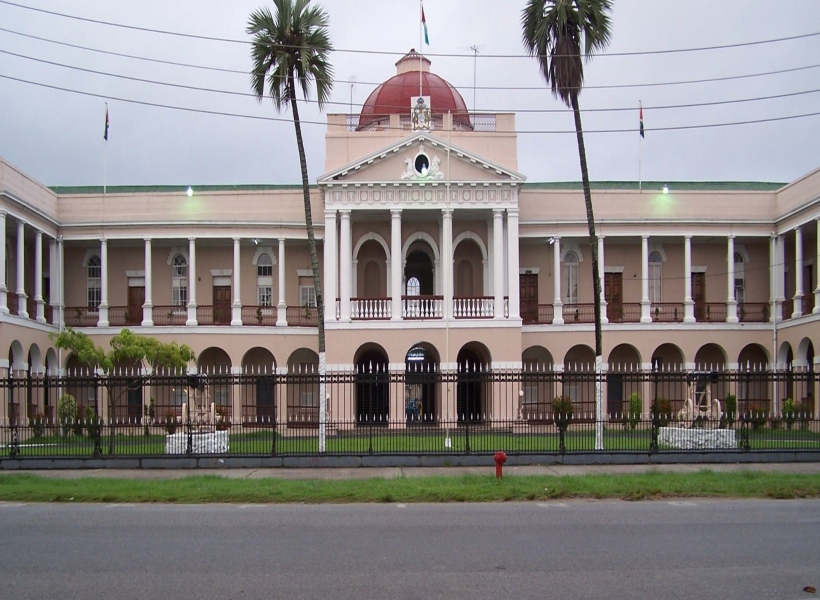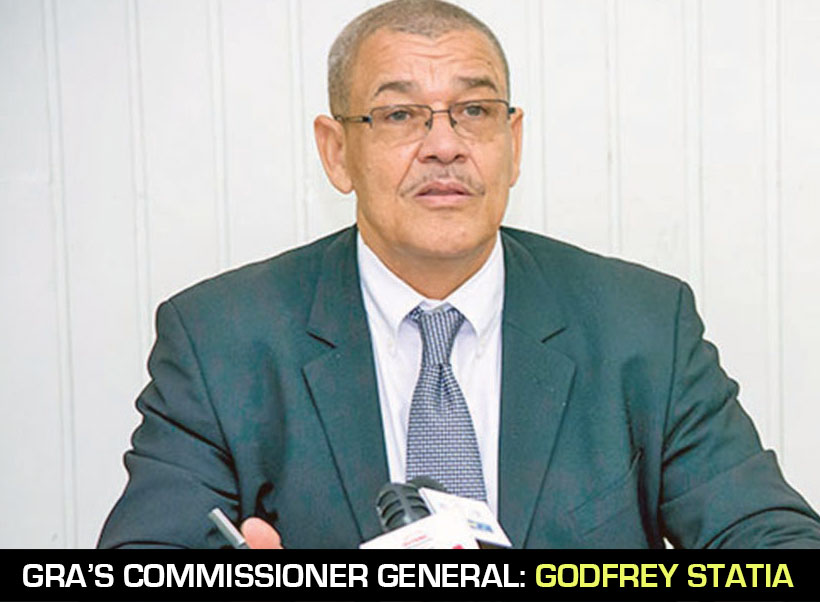The Guyana Revenue Authority (GRA) is facing an uphill battle trying to prevent the misuse of duty-free fuel by various government entities and companies.
According to GRA’s Commissioner General, Godfrey Statia, 30 percent of Guyana’s fuel imports are duty-free. Given the number of fuel imports subject to tax remissions, Statia said it is often abused. He noted too that it is putting a strain on the administrative staff of GRA.
Statia said that almost daily, a racket involving the misuse of duty-free fuel can be uncovered. He said, “It is hard to keep track of. Guyana is actually losing $70 B annually through the misuse of fuel. It is one of the most challenging areas for us. But we are trying.”
Further to this, the Commissioner General pointed to the fact that there is a serious need to review the policy governing fuel exemptions and in what cases they are really warranted. To solidify his point, Statia noted the revenue losses on fuel exemptions for 2014 and 2015 alone. He said that the total value of exemptions from Import Duty, Excise Tax, and Value-Added Tax amounted to $23B and $22B in 2014 and 2015, respectively.
He also provided other exemption data arising from Investment Development Agreements (IDA) which are equally worrying. In this regard, Statia noted that taxes exempted for 2014 and 2015 were $63B and $92B as it relates to IDAs. Included in these figures are exemptions for Ministries and Government Departments to the tune of $4.4B and $19.5B respectively.
As for tax exemptions on fuel for certain sectors from the period 2013 to 2015, Statia said that this amounted to $56.7B. The major sectors that benefitted included: Telecommunications, Mining, Petroleum Exploration and Manufacturing.
The tax chief said that losses from the granting of IDAs for the years 2013 to 2015 are a cause for some concern. Statia said, “Many sectors receive in concessions, far more than they contribute in taxes and while this fact itself does not per se justify the abolition or the withdrawal of the concessions, it is clear that an urgent review is required.”
Given the aforementioned, Statia recommended that conditional subsidies be significantly reduced if not eliminated over a five year period.
He recommended that there be a review of the investment priority categories for fuel exemptions and that clearer parameters and guidelines be established for the entering into of IDAs, so as to reduce the discretionary powers of the Minister.
Statia also believes that it is necessary to introduce a post-audit system for concessions granted, including the posting of a bond/guarantee to ensure that commitments are met.









